The best foods for asthma
Add these into your diet to help prevent attacks.

Reap the Benefits
While diet can't cure asthma, there are ways to eat to help ease symptoms. The key: focus on anti-inflammatory foods. Inflammation is what causes the airways to swell and become irritated, and researchers are trying to understand how certain nutrients can reduce that. Keep in mind that an overall healthy diet is likely to be more helpful than any specific foods. "Studies show people eating a Mediterranean diet have fewer asthma symptoms," says Lauri Wright, PhD, RD, assistant professor of nutrition at the University of South Florida. Not sure where to start? Check out these tasty options!
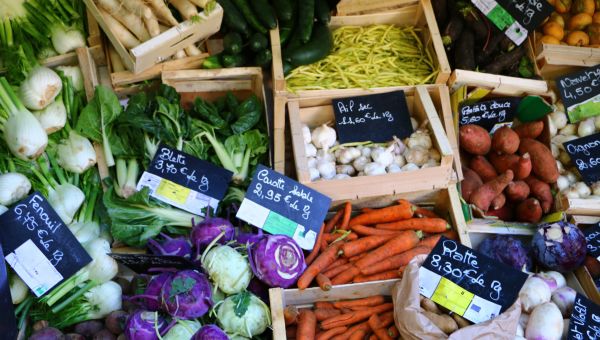
Hit the Produce Aisle
The produce section of your supermarket—or local farmer's market—is a great place to find foods rich in antioxidants, which are anti-inflammatory and may help control the swelling that makes it hard to breathe. "Think colors!" Dr. Wright says. She recommends eating five to nine servings of fruit and vegetables a day and choosing a variety of colors.
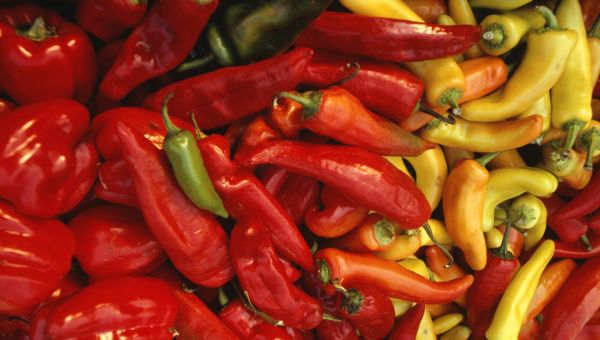
Peppers
Both dried and fresh chili peppers, such as jalapenos, are high in vitamin C, an antioxidant that fights inflammation. If your taste sways mild, reach for red and yellow sweet peppers. Other foods with vitamin C include mustard greens, kale, broccoli and kiwi.
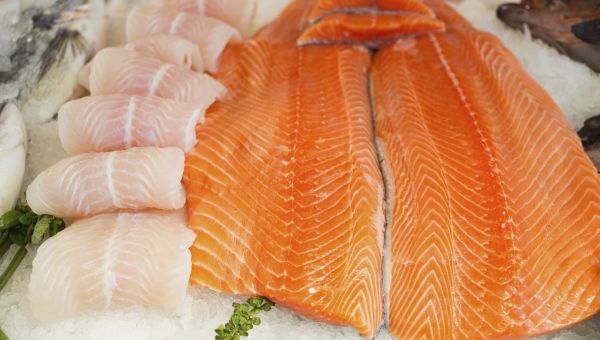
Fresh Fish
Seafood, especially fatty fish like trout and salmon, are rich in omega-3 fatty acids, a type of polyunsaturated fat that a study showed was tied to lower rates of asthma. Researchers found that DHA, the omega-3 that comes from seafood, is most effective. So, enjoy herring, sardines and halibut for a dose of this essential fatty acid. Steer clear of shellfish, though. It often contains sulfites that can irritate the lungs.
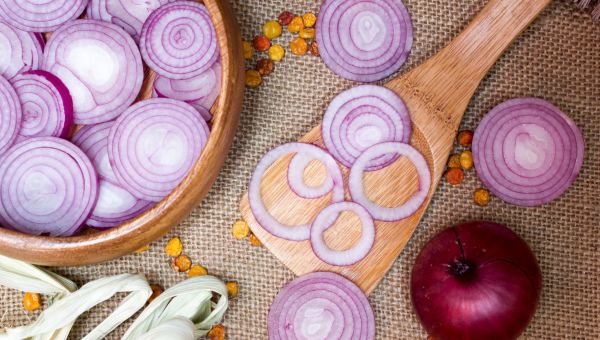
Onions
Quercetin is a flavonoid, another type of antioxidant. Some research suggests quercetin could reduce allergies, a common trigger for asthma. Not in a mood to cry over onions? Quercetin is also found in apples, dark cherries, blueberries, blackberries and olive oil.
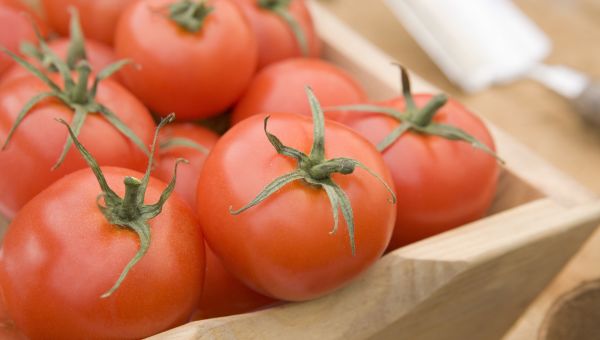
Red Tomatoes
Tomatoes are not only a source of vitamin C, they also contain lycopene, an antioxidant associated with fewer signs of inflammation in the body. While lycopene is available as a dietary supplement, it's usually best to get nutrients directly from the foods in your diet rather than popping a pill. Go for fresh and avoid processed tomato juice and canned tomatoes—they often contain sulfites, which can irritate your lungs.
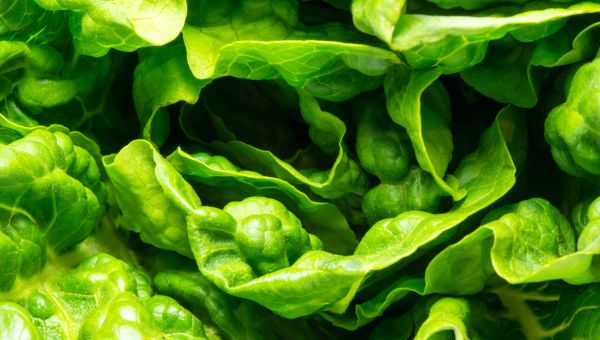
Leafy Greens
Dark green veggies—kale, spinach mustard greens, dandelion greens, collard greens and the like—contain beta-carotene, which may help reduce inflammation. To give your body the most nutrition from leafy greens, shred a bit of cheese on top, enjoy them with yogurt, or cook them in a little heart-healthy oil. Beta-carotene is a fat-soluble vitamin, meaning a little fat will help make this powerful antioxidant more available to your body.

Milk
Few foods naturally contain vitamin D, so reach for fortified foods, such as milk. "People with asthma have been told they shouldn't eat dairy, but that's a myth," says Wright. "Dairy won't produce phlegm in your body, and emerging research shows vitamin D may be anti-inflammatory." If dairy doesn't suit you, try fortified orange juice. Or look for mushrooms that have been exposed to ultra-violet light; the UV rays trigger mushrooms to make D.
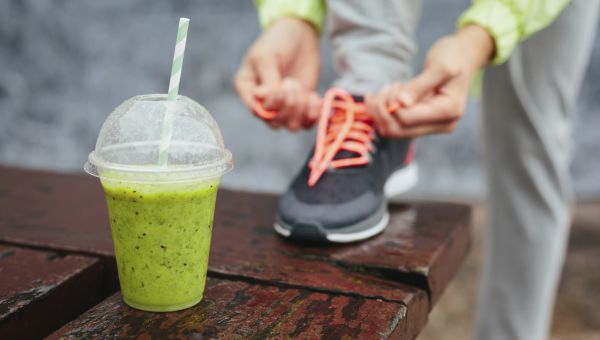
Diet's Best Friend
Along with your diet plan, don't forget to stay fit. It's important to maintain a healthy weight and exercise regularly. "Extra weight puts a burden on your lungs and makes it harder to breathe," Wright says. "Keeping your weight in a healthy range will help your lungs function well." Exercise can strengthen your lungs—just pay attention to air quality if you're headed outdoors.
More On


video

article

slideshow


video


video
